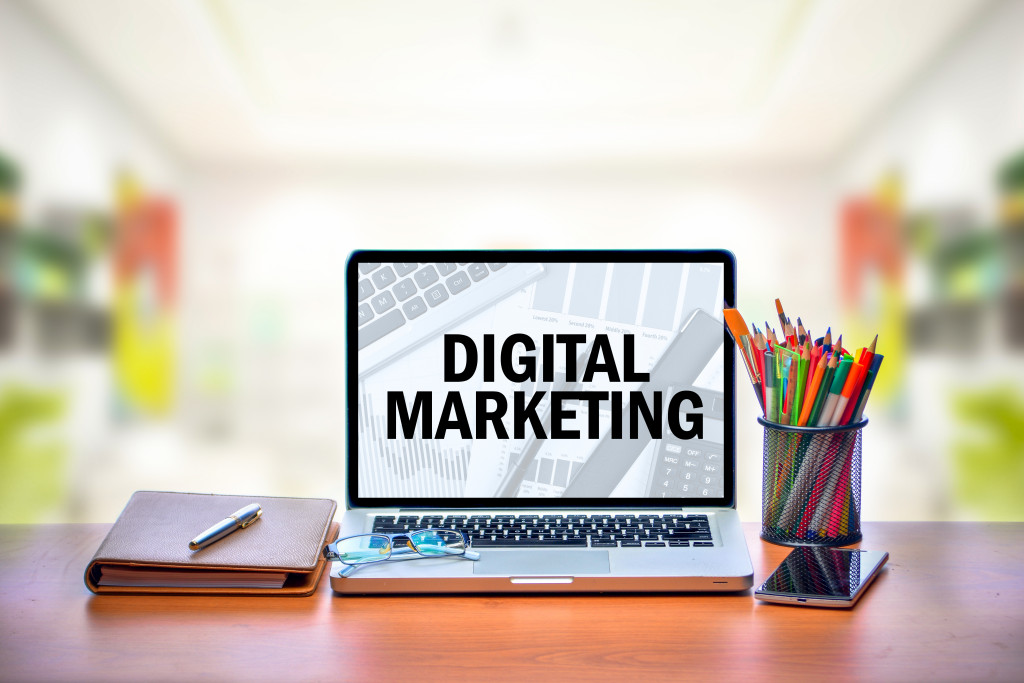When we think of e-commerce, we think of huge markets that sell endless supplies of products. Some of the most prominent players in the e-commerce industry have been so successful that they practically own half of the industry.
Several traditional store owners have been switching to a more readily available platform when selling their products, especially since most industries are cripple because of a crisis. That said, most e-commerce platforms are considered to be a haven to a lot of sellers. Businesses that would have closed down can now use e-commerce platforms as a way of selling products without much of the drawbacks of a traditional store.
Setting Up an E-Commerce Store
Of course, setting up your own e-commerce store is just like setting up your own traditional store: you will have to know your audience, the type of product you’re selling, and the overall appeal of your store (which is your website). If you don’t know where to start with your website, you might want to consult a web development company. Having professional supervision can expedite the setup of your website.
But since there’s an ocean of products that’s in the e-commerce market, it might seem hard to get into the market, but it is possible. How? Marketing has always been a tried and tested way of making your product stand out. If you are confident about your product and have a fully-functional customer service, it’s possible to make your product stand out. ;
Why Is Marketing Necessary?
Marketing is all about convincing potential customers about your product. If you haven’t noticed, we hear about a product through commercials and in different types of media. In an international setting, 4 billion in terms of the global population are online at least once in a day. If you’re going to launch your product globally, then you are increasing your market exponentially.
With companies vying for clicks and engagements, it’s only logical to have a competitive edge over other businesses, especially when most individuals are loyal to certain brands.
Building Momentum
Since marketing has a good impact on almost any type of business, we have to familiarise ourselves with the different means of getting the attention of our target audience.
What are some tactics needed to build momentum in this industry?
Influencer Marketing
Most influencers are perceived as mediums of advice when it comes to fashion, skincare, and various products. Since they are trusted with their opinions, people will buy products based on what they say.
Contrary to what most people believe, big-time influencers don’t generate as many engagements as small-time influencers.
Most e-commerce stores target small-time influencers since they yield better results than big-time influencers. Studies have shown that most small-time influencers, especially those with an Instagram following of around 10,000 to 50,000 users, will have 40% more engagements than those with millions of followers.
Video Streaming Marketing
Almost every day, millions of users go to video streaming platforms like YouTube. 70% of polls say that people would rather watch a video about a said product than reading about it.
There are small communities in sites like YouTube that cater to the mother tongue of customers. Product reviews, advertisements, and unboxing can make a difference.
Social Media Marketing
Throughout most of the years, social media platforms like Facebook have been slowly updating to fit the e-commerce platform’s needs. Product listings and trade groups are just some features that social media platforms offer.
Search Engine Optimisation

Almost every single individual who uses the Internet is looking for answers regarding a particular problem or product. Search engines are the gateways for everyday individuals to e-commerce platforms and products.
Most e-commerce stores will utilise SEO marketing since it’s one of the most effective ways of getting engagements and leads. Making your site or store appear on the first-ever link is crucial in getting the right organic clicks and views. 53% of organic clicks come from search engines, as most individuals will click on the first link. If the first link is not necessarily relevant, they skim through the first page.
Even before the Internet and e-commerce happened, marketing has always been a tried-and-tested way of converting engagement to sales for businesses. However, in the e-commerce industry, people will need to get creative and come up with different methods in the way they will market their products. There are practically endless and engaging ways of gaining traction through marketing. Ultimately, there’s no be-all-end-all tactic in increasing sales, and you’ll need to go with the ebb and flow of the social climate.

